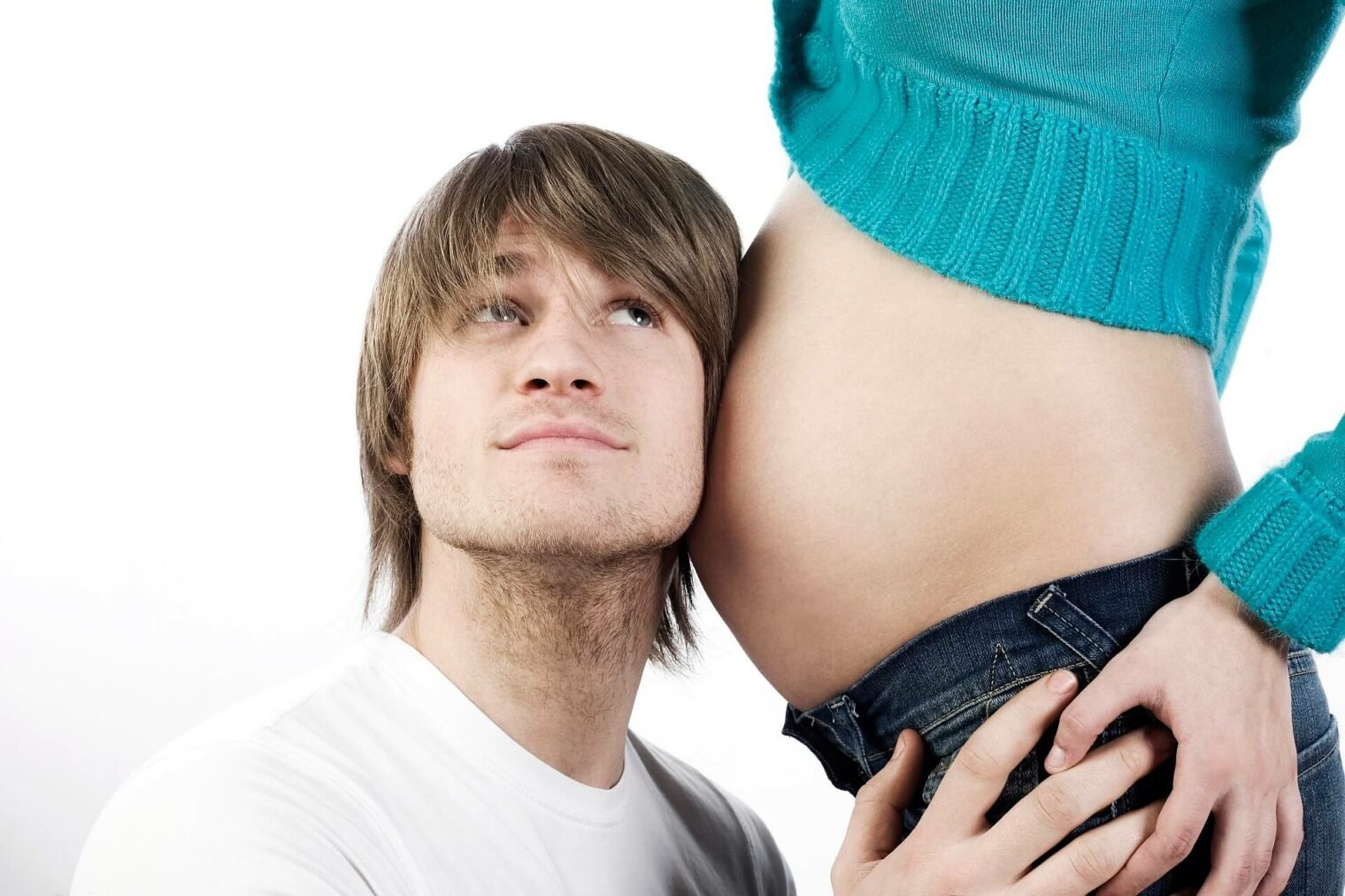Cannabis and Fertility in 2024: What You Need to Know

Table of Contents
The subject of cannabis and fertility is an interesting one. Many couples trying to start a family find themselves worrying about factors that affect fertility. One question that often arises is how cannabis, used by either partner, might impact their chances of conceiving.
A striking fact: recent studies suggest a link between marijuana use and changes in fertility, yet the depth of this connection remains under-researched.
This blog post aims to shed light on what we know so far about cannabis and its effects on both male and female reproductive health as we move into 2024. From its impact on sperm count to ovulation patterns, we’ll cover key insights into how marijuana could be influencing your journey towards parenthood.
Ready to learn more about cannabis and fertility? Keep reading.
Effects of Marijuana on Female Reproductive Health
Marijuana can impact ovulation and fertility outcomes in females. It also has effects on assisted reproductive technology (ART) outcomes.
Impact on ovulation and fertility outcomes
Research shows that cannabis use can negatively affect ovulation, making it harder for women to conceive. THC, the psychoactive component in marijuana, may alter the menstrual cycle and disrupt ovulation.
This disruption can lead to irregular periods, making it difficult to predict fertile windows for women trying to get pregnant.
Studies also suggest that frequent cannabis use might lower overall fertility outcomes for couples attempting to conceive. Women who use marijuana may experience longer times to pregnancy compared to those who do not use cannabis products.
The impact on fertility underscores the need for further investigation into how THC and CBD influence reproductive health.
Effects on assisted reproductive technology (ART) outcomes follow as an important consideration for individuals relying on medical interventions to achieve pregnancy.
Effects on assisted reproductive technology (ART) outcomes
The use of marijuana can affect the outcomes of assisted reproductive technology (ART), potentially influencing the success rates of procedures such as in vitro fertilization (IVF) and intrauterine insemination (IUI).
Research suggests that THC, the active compound in marijuana, may interfere with the implantation process during ART cycles, impacting embryo development and reducing successful pregnancy rates.
Additionally, THC exposure has been associated with decreased sperm function and altered DNA integrity, which could hinder fertilization during ART procedures. Understanding these potential effects is crucial for individuals undergoing fertility treatments to make informed decisions regarding their marijuana use.
Effects of Marijuana on Male Reproductive Health
Marijuana can impact male reproductive health, influencing sperm count and parameters. It can also affect sexual function and contribute to erectile dysfunction.
Impact on sperm count and parameters
Cannabis use can decrease sperm count and affect sperm health. THC, the psychoactive component in marijuana, may reduce the concentration of sperm in ejaculate and impair their ability to move effectively.
In addition, cannabis consumption might alter other parameters such as morphology and DNA integrity of the sperm. These changes could impact male fertility and increase difficulty in achieving pregnancy.
Moving on to “Effects on sexual function and erectile dysfunction”…
Effects on sexual function and erectile dysfunction
Moving from the impact on sperm count and parameters to effects on sexual function and erectile dysfunction, it’s important to consider how marijuana use can affect male reproductive health.
Marijuana consumption has been linked to potential challenges with sexual function and erectile dysfunction. Research suggests that regular cannabis use may lead to difficulties in achieving or maintaining an erection, impacting sexual performance.
Furthermore, studies have indicated that THC, a key component of marijuana, could contribute to decreased libido and altered genital blood flow, which are critical factors in male sexual function.

Gestational Effects of Marijuana Use
Gestational marijuana use can lead to pregnancy loss, affect fetal and neonatal outcomes, and impact childhood development. It is advisable for expectant mothers to consider the potential risks of cannabis consumption on their pregnancy.
Pregnancy loss
Marijuana use during pregnancy has been linked to an increased risk of pregnancy loss. Research suggests that using cannabis while pregnant can lead to miscarriage or stillbirth. THC, the active compound in marijuana, can negatively impact fetal development and increase the likelihood of adverse pregnancy outcomes.
Understanding these potential risks is crucial for couples trying to conceive, as reducing or eliminating marijuana use before and during pregnancy may help lower the chances of experiencing a pregnancy loss.
Fetal and neonatal outcomes
Maternal marijuana use during pregnancy can lead to various fetal and neonatal outcomes. Research has suggested that exposure to cannabis may result in a higher likelihood of low birth weight, preterm birth, and smaller head circumference at birth.
Additionally, infants exposed to marijuana in utero may experience withdrawal symptoms after birth. These potential effects highlight the need for further investigation into the impact of maternal cannabis use on fetal and neonatal development.
Childhood outcomes
The effects of maternal marijuana use on childhood outcomes have been a topic of concern. Studies suggest that prenatal exposure to cannabis may lead to developmental delays and behavioral issues in children.
Also, there is evidence indicating potential impacts on cognitive functions and an increased likelihood of attention deficits among offspring exposed during gestation. Research into the long-term repercussions of early cannabis exposure remains ongoing but underscores the importance of considering childhood outcomes when evaluating the implications of marijuana use during pregnancy.
Conclusion and Considerations for Couples Trying to Conceive
Considering the lack of research, it’s crucial to delve into the potential impact of marijuana on fertility for couples dealing with subfertility or infertility. Quitting marijuana might offer potential benefits for fertility and overall health, highlighting the need for more studies in this area.
Lack of research and need for more studies
Research on the effects of cannabis on fertility is still lacking, and more studies are needed to fully understand its impact. Currently, there is limited conclusive evidence to support definitive conclusions about how marijuana affects reproductive health in both men and women.
This lack of research underscores the importance of conducting further studies to provide clearer insights into the potential risks or benefits associated with cannabis use when trying to conceive.
Additional research will be crucial in providing evidence-based guidelines for individuals seeking to optimize their fertility.
The need for more comprehensive studies becomes increasingly evident as societal attitudes toward cannabis continue to evolve and legalization expands. It is imperative that future investigations encompass diverse populations and consider various modes of cannabis consumption, including smoking, edibles, and CBD products.
The possible impact on fertility for couples with subfertility or infertility
While the potential impact of marijuana use on fertility is still not fully understood, there is evidence to suggest that it may contribute to difficulties in conceiving for couples with subfertility or infertility.
Studies have indicated a link between cannabis consumption and decreased sperm quality in men, as well as disruptions to ovulation and hormonal imbalances in women. Couples who are struggling to conceive should consider minimizing or eliminating marijuana use as part of their efforts to optimize their fertility.
Additionally, abstaining from cannabis may be particularly beneficial for those undergoing assisted reproductive technology (ART) procedures, given the potential influence of marijuana on treatment outcomes.
Cannabis and Fertility in 2024
Quitting marijuana can improve fertility for both men and women. Research suggests that marijuana use can negatively impact reproductive health, including sperm count and ovulation. The subject of cannabis and fertility is becoming more prevalent.
By quitting, individuals can enhance their chances of conceiving. Furthermore, ceasing marijuana consumption can lead to overall health improvements, such as better lung function and a reduced risk of mental health issues.
Making this change could positively influence your journey towards parenthood.


